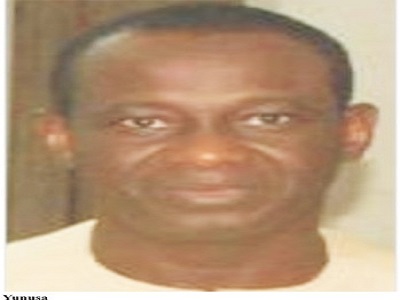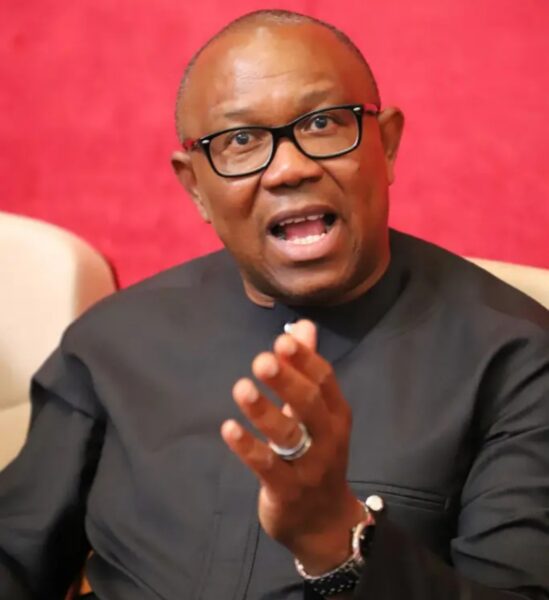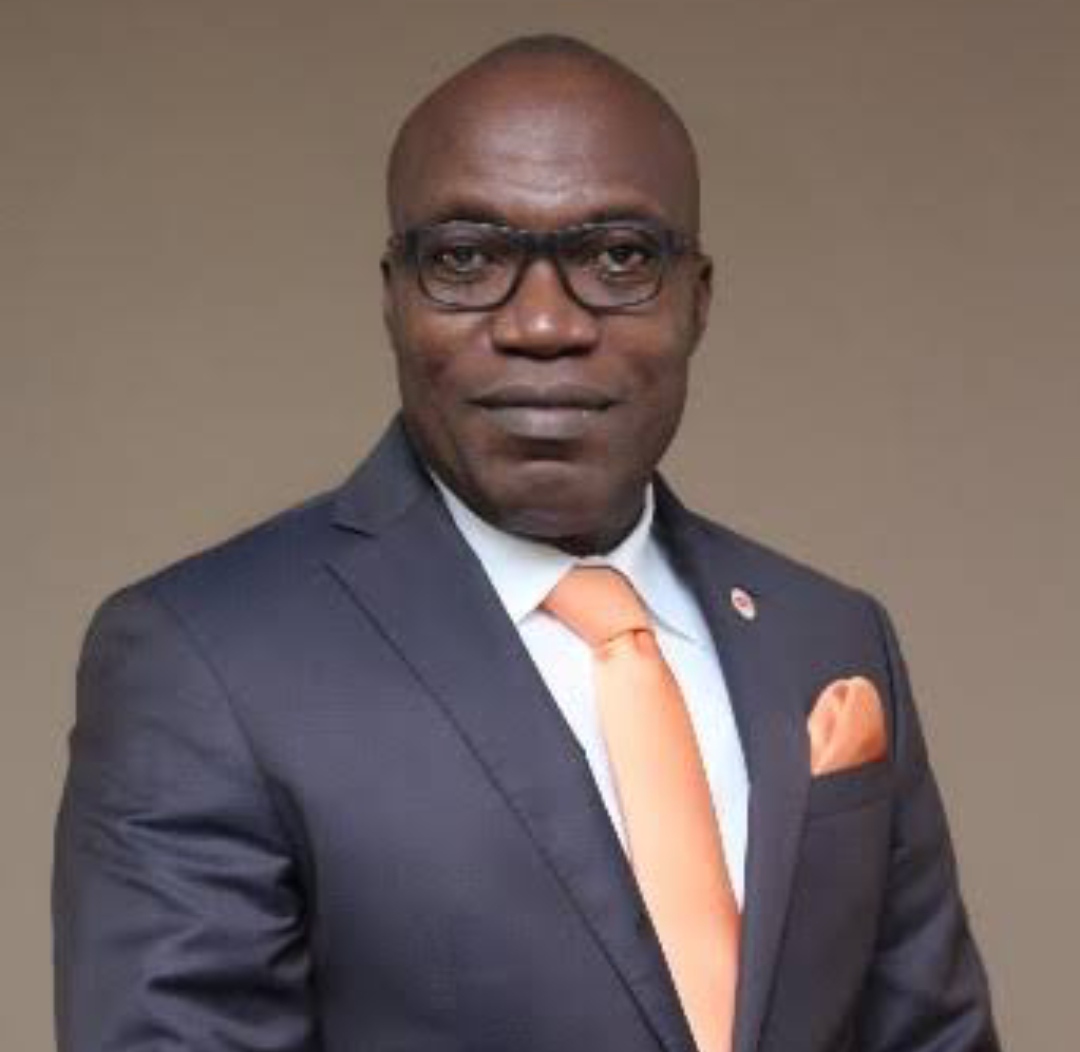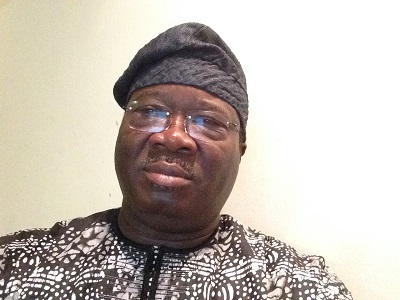Training Crucial To Organizational Growth- Yunusa, NSC Training Manager
Mr. Ibrahim Yunusa is the Training Manager of the Nigerian Shippers’ Council (NSC). This interview was conducted during the recent 2-day in-house seminar on the “Carriage of Dangerous Goods” facilitated by Kings Communications Limited. Yunusa explains the place of training in the development of the capacity of workers in any organization, highlighting the challenges and benefits. Read on:
What are the objectives of the training programme at the Council today?
The programme is on the carriage of goods by land, sea, and air. The training programme is timely because the council is responsible for the successful logistics performance of all transport modes. We should also encourage cross-border trade. The council has to train members of staff to sensitize them on all the regulations involved in the carriage of goods via all transport modes. The new responsibilities of the Council have led us to create border posts to handle and encourage cross-border posts.
Recently the Acting President, Prof. Yemi Osinbajo came up with an Executive order to enhance the port operations and the business at the ports. What is the Council doing to realize this objective?
The Council is a member of the committee set-up by the Acting President, Osinbajo on the ease of doing business. As part of the system, we have also tried as much as possible to sensitize all our staff so that they would equally sensitize the port stakeholders (who are our customers) to ensure that they know all the modern procedures involved in the carriage of goods.
Shippers’ Council has always been ranked high in terms of the capacity of the workforce. This was one of the first observations by the Minister of Transportation, Hon. Rotimi Amaechi during his maiden visit to Lagos ports as Minister. How do you ensure that the staff at the Council maintain such high standards?
What really happened is that the Council has a system in place, a procedure of training our staff; we just don’t train for the sake of it. We identify the needs for every function within the Council and as the staff progress in their career, we ensure that they undergo certain training that should prepare them for the next higher position and we also assist them in handling their responsibilities.
However, most of the Council’s staff have been more eager to go for trainings and improve their capacities than the Council and we must commend such efforts. They enroll for programmes and in situations where the Council can support them, we do support them. The Council also sources for relevant institutions for trainings and we support them to go for these trainings.
What is the place of knowledge transfer in these trainings?
Sometimes, we send staff abroad for trainings and we ensure that when they return with the information there is provision for them to tutor others. The Council may not be able to send many people abroad for these trainings but we ensure that the information is spread across the department or other relevant sections of the staff. We form classes and invite those who were opportuned to go for such sensitive trainings to teach others. So, that is how the knowledge is been transferred.
There is also the place of mentorship in the various departments as that is the only way there is sustainability in terms of knowledge at the Council.
There are some young vibrant members of staff at the Council. How do you ensure that they remain inspired, is there a succession plan?
The Council encourages succession planning and this explains why the younger ones form Grade 7 to 12 is mentored. Anytime the Council has a function, a workshop, seminar or training we carry along the younger officers so that we coach and mentor them. We give them the opportunities to see how different aspects of the job are done. This is important so that whenever the older ones leave, the new ones can come in and do the job. There is always no gap and that is why we try as much as possible to encourage the younger ones to attend meetings, training and conferences both locally and internationally. So, as they go along their career, they go along with the experience from the various activities.
The training system in the Nigerian Shipper’s Council ensures there is sufficient understanding of the issues by those who rise to the top. However, there are several cases where CEOs are appointed in some organizations without the requisite knowledge. Isn’t this the becoming a major problem in the country, shouldn’t we look inwards?
Well, this is a generic question that is beyond my purview. The appointment of CEOs is a political function as you noted and it is beyond my capacity to begin to question such appointments. However, as much as it is political, the government should always look inwards.
When you have someone who is from an organization at the helm, the impact is massive as you can see from our experience at the Council with Mr. Hassan Bello. As someone who has been in the system before he became the Executive Secretary, he knows every problem the organization is facing because he passed through it. This explains his tenacity in trying to develop the capacity of the workforce as well as liaising with the stakeholders to bring them together.
The government may not necessarily restrict appointment of CEOs to those who are already at the organization but it should be the priority because someone who has the technical knowhow would likely function better
Have you had cases where employees say they are not being supported or encouraged to be trained, What are the challenges you face in the training of staff?
We don’t just train. Trainings are organized whenever we establish a need to train. We have to also figure out the right people to be trained. The only challenge has been the restriction by the government on international training, unless there is an urgent need for it you have to get approval of the Ministry, Head of Service and others. This process makes it long and cumbersome to send our staff for international training. I believe if the government can remove such restrictions it would benefit most organizations.
Another challenge is the paucity of funds available to the Council to organize such trainings. However, I must commend the Executive Secretary, Mr. Hassan Bello for his support in the approval funds for training the Council’s staff.
How long have you been the head of training at the Council?
I have been working in the training department for over seven years but as the head of training I have spent one year. All the while I was an assistant to others.
How many training programmes have you organized in 2017 and are there other areas which still require training at the Council?
There are different types or categories of training at the Council. The present one is specific, while we also have generic trainings. This training is specific to the department which is the regulatory service department. From February to date, we have carried out about eight (8) generic programmes and two (2) specific programmes with over 200 officers benefitting. The beneficiaries include officers from other zones and not only the Council’s headquarters. These trainings are to meet specific needs and requirements.
We have sent over 30 officers for specific trainings in 2017 and we have several generic programmes that we hope to execute before December. Some of the programmes are on financial management, change management, ease of doing business, etc. We are privileged to have an Executive Secretary that believes in the role of training in developing the capacity of the staff. Hassan Bello has always been interested in capacity development of the workforce.
When the Council eventually transmutes into the National Transport Commission (NTC) a lot would be needed in terms of training and also recruitment, how are you planning for this?
The Council would need to aggressively train the staff for the role as NTC. We would also need to employ more people because of the increased functions and responsibilities.








